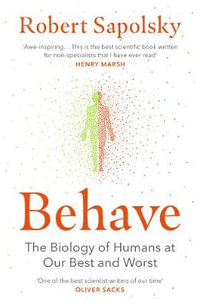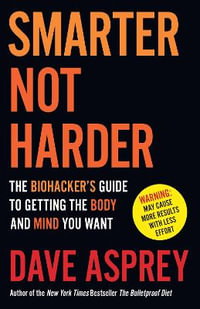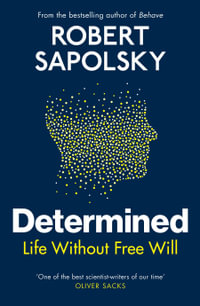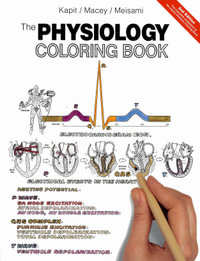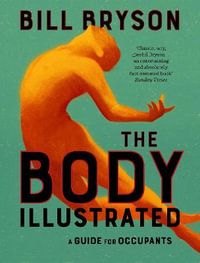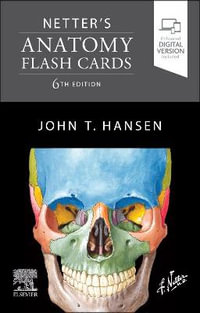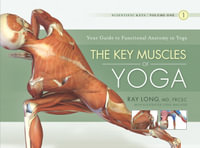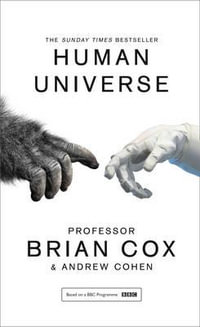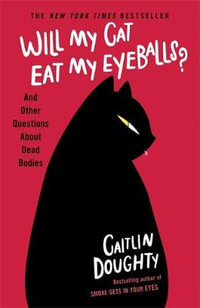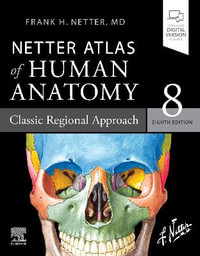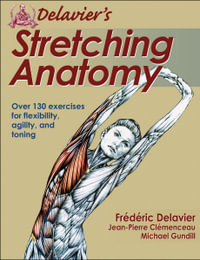Did you know that you can tell time in your sleep? That women have more nightmares than men? Or that up to half of the calories you consume can be burned off simply by fidgeting? In Sex, Sleep, Eat, Drink, Dream, acclaimed science writer Jennifer Ackerman takes us on an astonishing and illuminating tour of the human body during a typical day, from waking in the morning to the reverie of sleep and dreams.
Most of us are familiar with the concept of circadian rhythms, the idea that the human body maintains its own internal clock. Recent scientific advances reveal the importance of synchronizing our actions with our biological rhythms - and show how defying them can cause us real harm. With Ackerman as our guide we learn the best time of day to take a nap, give a presentation, take medication, and even drink a cocktail, along with a host of other useful and curious facts. Entertaining and deeply practical, this book will make readers think of their bodies in an entirely new way.
Industry Reviews
"A fascinating look at what modern science tells us about who we are." --Elizabeth Kolbert, author of Field Notes from a Catastrophe "It's rare to find a book that delivers so much knowledge in prose that's such an enormous pleasure to read." --Miriam E. Nelson, Tufts University, and author of Strong Women Stay Young "Jennifer Ackerman writes with the precision of a scientist and the elegance of a poet . . . invigorating, informed, insightful, and wise." --Steve Olson, author of Mapping Human History and Count Down "Ackerman offers a pleasant day's diversion." "An insightful text celebrating just how clever is the machine we call the human body." Ackerman has hit her stride [with] a virtual full-body scan conducted over the course of 24 hours." "A delightful picaresque . . . You'll never think about your body--and what you do to it--in the same way again." --Stephen S. Hall, author of Size Matters and Merchants of Immortality "A readable and remarkably comprehensive tour of all that is new and intriguing in the study of normal human physiology." --Abigail Zuger, M.D.





